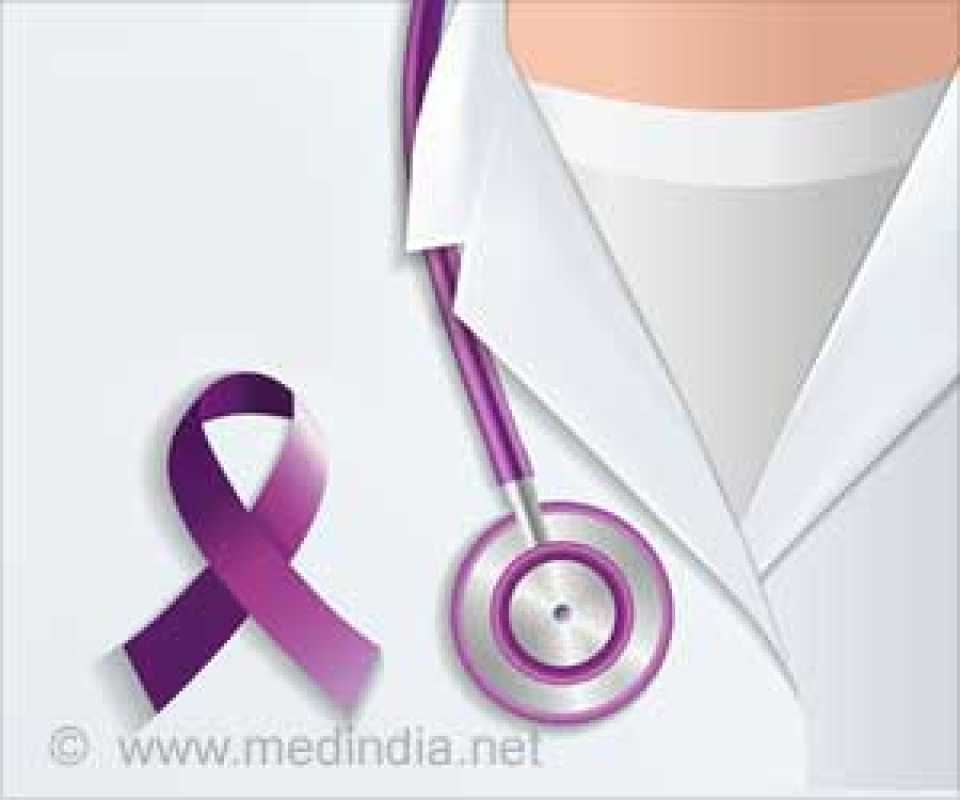Health
India Marks World Cancer Day 2024 with Focus on Closing the Cancer Gap

India observed World Cancer Day 2024 to raise awareness about the growing cancer burden in the country. As the second highest contributor to the disease burden in Asia in 2019, India is striving to address the major causes of cancer-related deaths. Lung cancer, which accounts for a significant portion of cancer fatalities in India, has become a pressing concern. The static lifestyle and dietary patterns associated with the endogamous tribal population in a particular state have led to the highest rate of cancer in the country, despite its low population.
India’s government has recently announced the development of an indigenously developed vaccine against a top-five cancer among women found in Asian countries, which is entirely preventable. This major step toward cancer prevention is expected to have a significant impact on women’s health across the region. Furthermore, there has been progress in cancer prevention and care, with 17 countries in the WHO African region introducing high-performance-based screening tests and 28 Member States introducing nationwide HPV vaccination.
To commemorate World Cancer Day, India remembers a leading figure in cancer research, the late stalwart of the Cancer Institute. She transformed the Cancer Institute into a leading site for cancer care and research, leaving behind a profound legacy. Her contributions to the field of cancer research in India will always be remembered.
The theme for this year’s World Cancer Day is “Together, we challenge those in power.” The aim is to urge leaders to prioritize and invest in cancer prevention and care, and strive towards achieving a just and cancer-free world. It is crucial for countries, communities, partners, and civil society to unite and ensure universal access to cancer prevention and care. By implementing evidence-based interventions, investing in cancer control, and using tools like the updated WHO Best Buys, nations can make significant progress in reducing the cancer burden.












